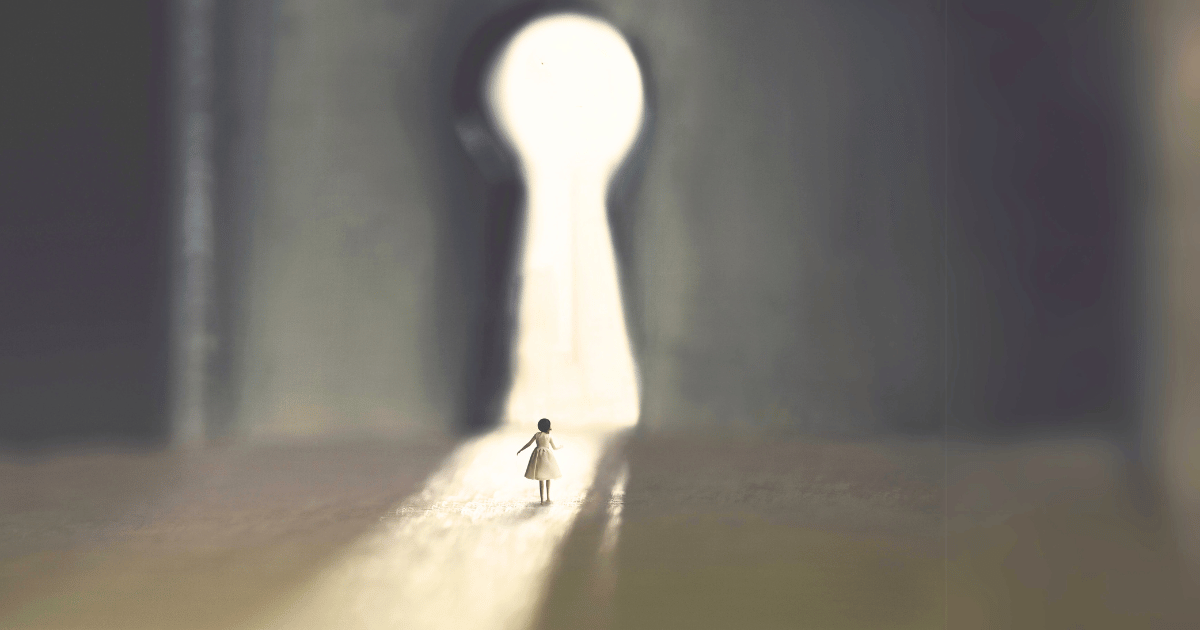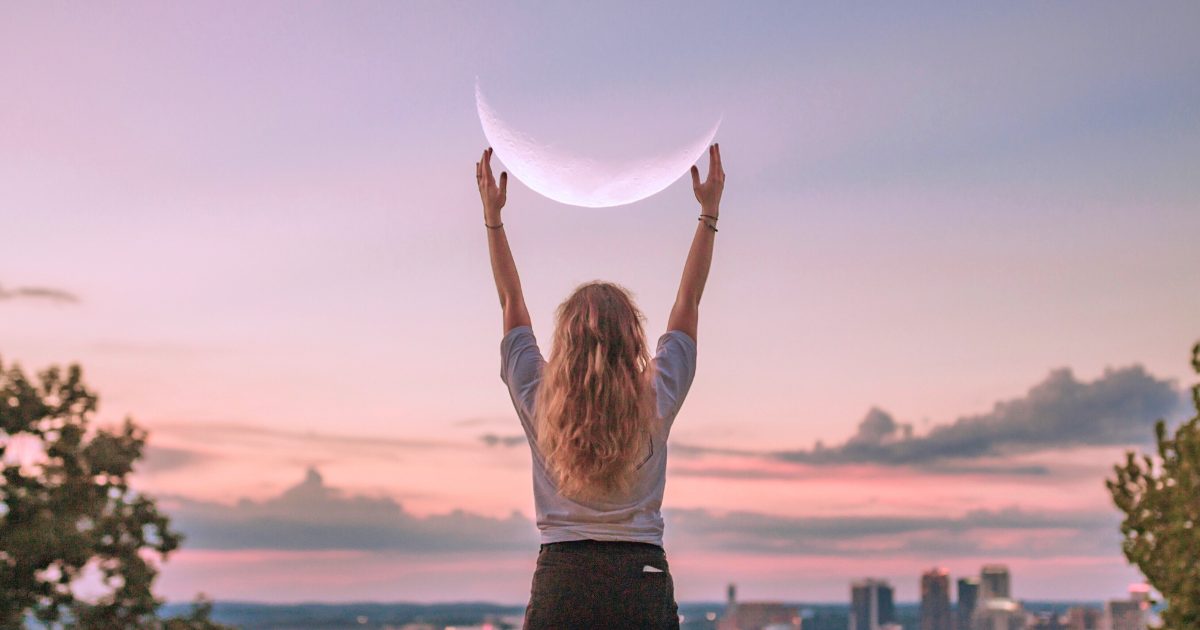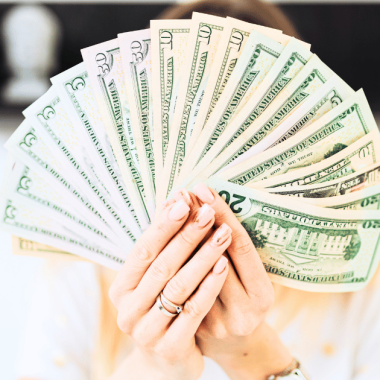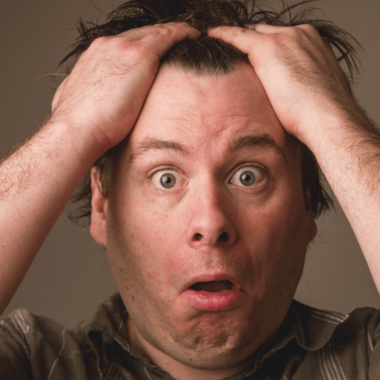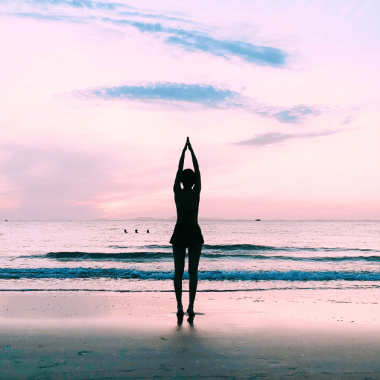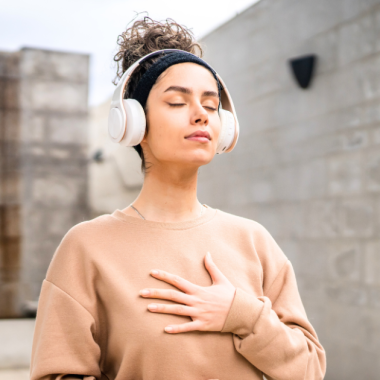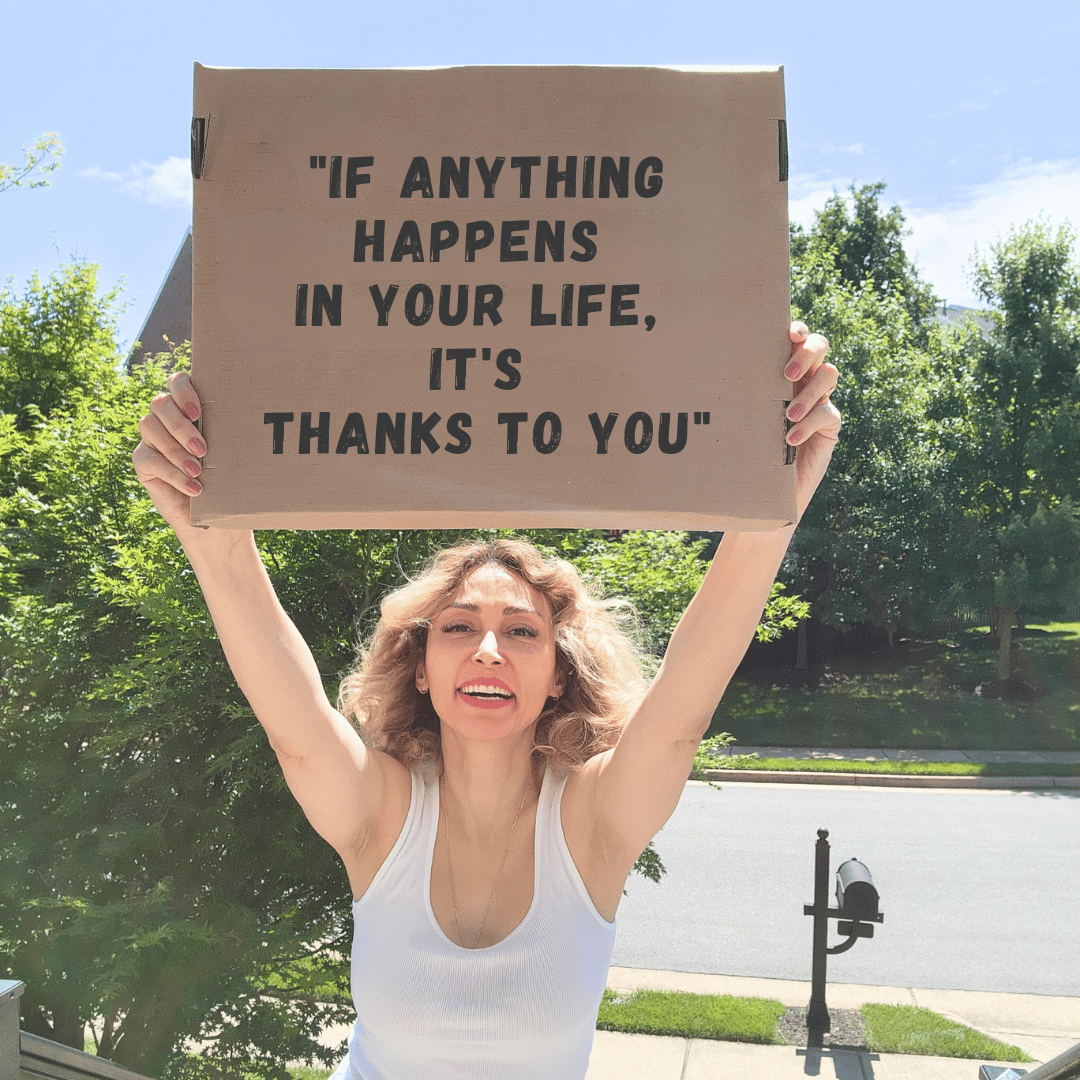While reading my new article, you will find answers to the questions: “Could my emotions be trapped?” or “Could my traumas be locked inside?”
What is Emotion?
Although there are countless articles, books, and theories, there’s no scientific consensus on what emotion actually is. 😳 This fact really surprised me when I first learned it.
Two emotion researchers, James Russell and Ernst Fehr, once said: “Everyone knows what an emotion is until asked to define it.” I completely agree with them—and for that reason, I won’t dive too deep into defining emotion here! It’s a rabbit hole! 😀 But for those curious, here’s a scholarly article that explores the etymology of “emotion” and how it’s been understood across different cultures and sources. Interestingly, non-English research on emotions has often been overlooked. 🤷♀️ Sage Journals
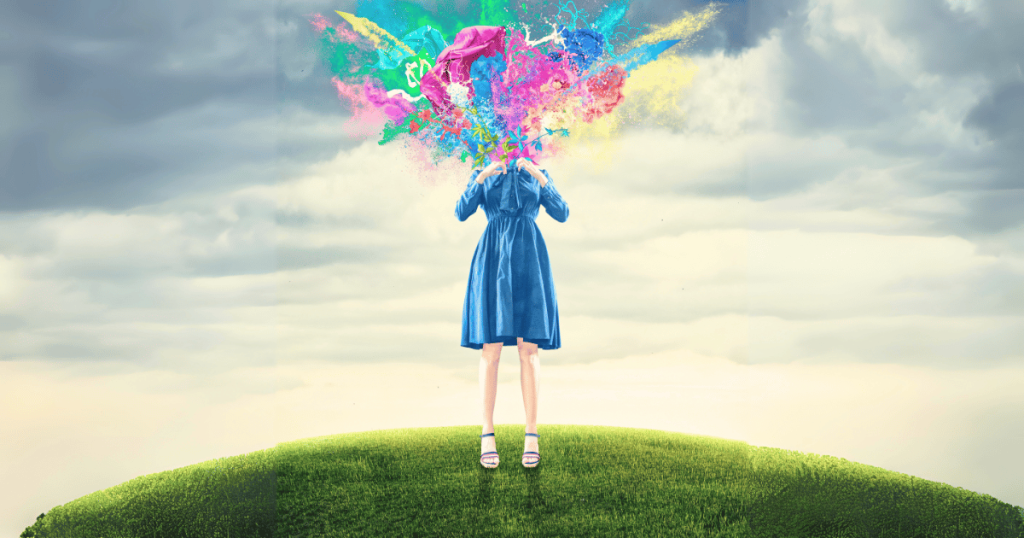
The Connection Between Emotions and the Body
For more than 2000 years, the ancient wisdom of Traditional Chinese Medicine has recognized that emotions are associated with different parts of the bodily system and that managing emotions is critical to maintaining good health. In the oldest known medical textbook, the Yellow Emperor’s Classic of Internal Medicine (2600 BC), the bidirectional relationship between emotion and the internal organ system is described as follows: “The liver is responsible for anger” and ‘Anger damages the liver.’ (7. Yao C. Yellow Emperor’s Internal Medicine. Beijing Shi China: Zhonghua Book Company; 2010:58-60.) So when certain emotions are experienced or suppressed for a long time, they cause illness. In the same way, dysfunctions in the organs have an emotional counterpart.
According to hindawi
“Short-term management of emotional changes (like anger, fear, or sadness) does not adversely affect the body.”
Findings from Western Medicine
In Western Medicine, new findings show that there is a close relationship between emotions and bodily reactions. There is a lot of scientific research on this, but I share 2 of the most interesting ones.
Bodily Maps of Emotions (2013): More than 700 participants were told to think about one of 14 different emotions (love, disgust, anger, etc.). Participants then colored the parts of the body that felt stimulated by this emotion on a human silhouette on the screen. The result was that bodily sensations were surprisingly consistent, even across cultures. Pnas
Yale University Research: It has been discovered that chronic fear and anxiety can lead to psychiatric disorders by altering gene function. Ncbi
the interaction between traditional Chinese medicine and western medicine
The two systems differ in their diagnoses, treatments and theories. Traditional Chinese Medicine theory is based on clinical experience, while Western Medicine is based on scientific research, tested through animal experiments and clinical trials. Tian, 2011 Since the scientific elements underlying the theories of Traditional Chinese Medicine were not known, Keji ve Hao, 2003 they were treated with skepticism and even rejected. Ted, 2000 However, at this point, the principles of Traditional Chinese Medicine have started to be confirmed by scientific research. Again, I have chosen 2 topics that are interesting to me in this regard. As far as I can see, especially the scientists who make these verifications say that all principles should be verified by scientific research and that this will make a great contribution to modern medicine.
- “For example, from a Western anatomical perspective, when we stimulate Acupuncture points, we indirectly stimulate the peripheral nerves that connect to the spinal cord and brain. By stimulating these nerves, we stimulate them to release substances such as endorphins and serotonin, which can block pain and improve mood.” (Dorsher PT, da Silva MAH. Neuroanatomical and neurophysiological basis of acupuncture. Longhua Chin Med 2022;5:8. doi: 10.21037/lcm-21-48)
- The classical texts of Traditional Chinese Medicine state that dysregulation of liver qi is the main cause of depression. Recent studies in Western medicine suggest that dysregulation of neurotransmitters may be one of the most vital causes of depression.” Ncbi
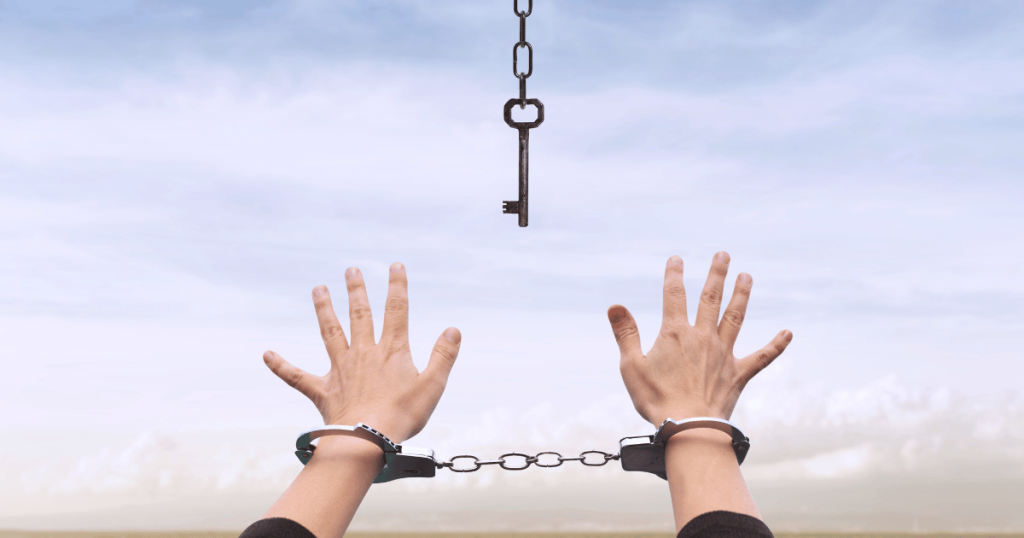
What does it mean when emotions and traumas are locked in the body?
Now that we have summarized how the system works so far, we can get to the real question. How does the emotion or trauma stay locked in our body?
👉You have faced a frightening or dangerous event in a past period of your life. You could not react to the perceived danger, that is, you could not escape or fight. When the danger passes, your body shakes to release the tension of the traumatic experience. “Trembling like a leaf” – if this somehow didn’t happen, the emotion of the event remains locked in the body. Psychology Today
So yes, the emotion can get stuck in the body and cause mental and physical discomfort. In my individual sessions, we work on these stuck emotions. Sometimes it’s a story, sometimes it’s a phobia, sometimes it’s a process based on a feeling in the body (there can be many different topics).
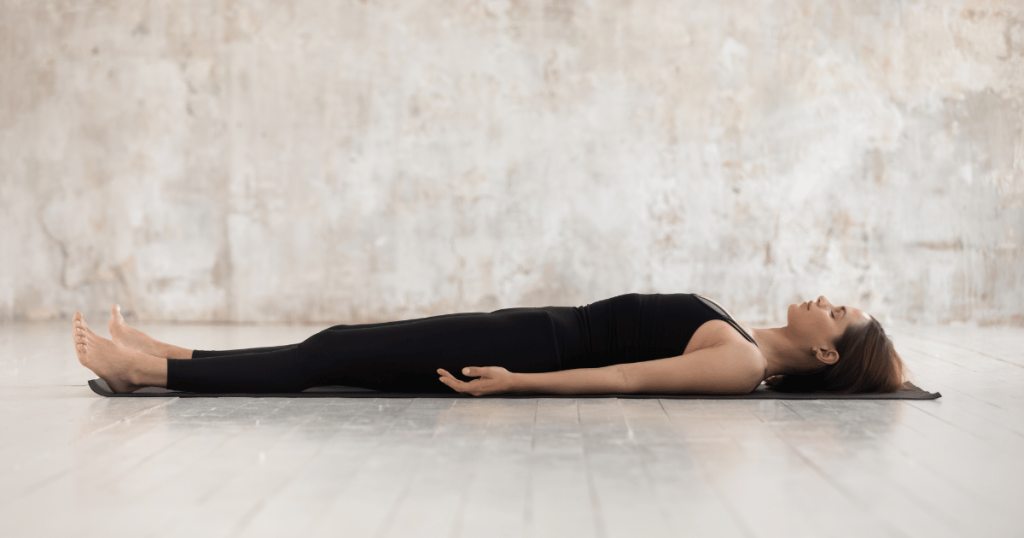
Which emotion affects which part of my body?
In the following research on understanding mind-body interaction from the perspective of East Asian Medicine, the relationships between different emotions and bodily organ systems are measured and visualized from the perspective of East Asian medicine using scientific methods. The research “Understanding Mind-Body Interaction from the Perspective of East Asian Medicine” by Kyung Hee University Acupuncture and Meridian Science Research Center, Korea Medical College and Korea Oriental Medical Institute KM Basic Research Department provides evidence that emotions are related to internal organs; I attach the template showing the relationship between emotion and organs here. Ncbi
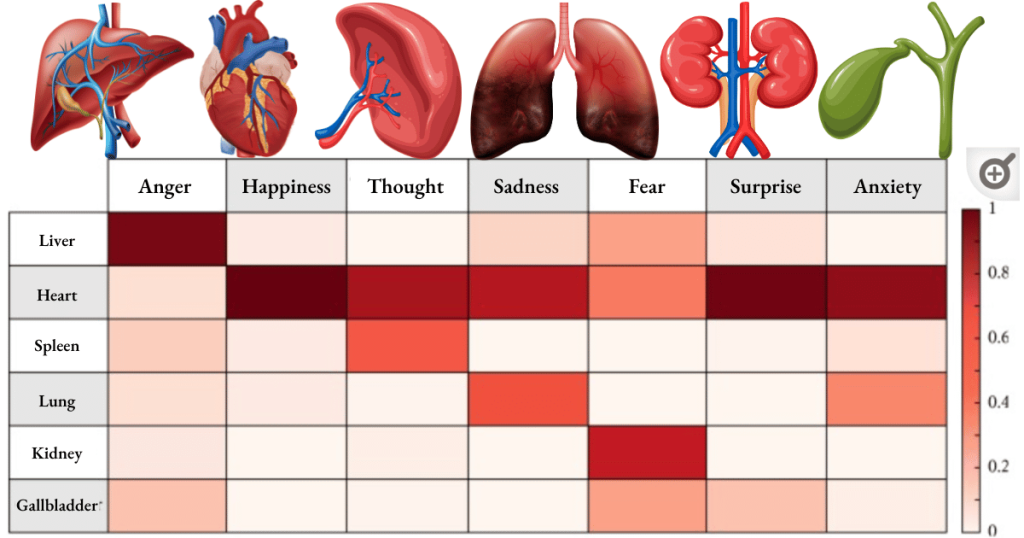
Anger 👉 Liver
Happiness 👉 Heart
Thought 👉 Heart and Spleen
Sadness 👉 Heart and Lung
Fear 👉 Kidney, Heart, Liver and Gallbladder
Surprise 👉 Heart and Gallbladder
Anxiety 👉Heart and Lungs
Zone 1: Allergies, eczema, addictions, gambling, immune system problems, nephritis, cystitis, lower spine problems, lethargy, fatigue, depression, stiff joints and osteoarthritis, lumbar-sacral arthritis, irritable bowel syndrome, bowel, anus and colon disorders
Zone 2: Prostatitis, testicular and uterine diseases, impotence, ovarian and bladder problems, bedwetting, uterine fibroids, low back pain, arthritis and all menstrual problems
Zone 3: Pancreatitis, stomach ulcers, hepatitis, liver cancer, gallbladder disorders, diabetes, digestive disorders, liver problems, chronic fatigue, lower thoracic spine pain; all gastrointestinal organs
Zone 4: All kinds of heart and circulatory disorders, nervous breakdowns, hypertension, angina, sleep disorders, tremors, cardiovascular problems after surgery, breast cancer, shortness of breath, tachycardia, scoliosis
Zone 5: Asthma, bronchitis, sore throat, chronic and acute colitis, irritable bowel syndrome, diarrhea, laryngitis, thyroid diseases, parathyroid diseases, temporomandibular joint disorder, hoarseness, respiratory problems and loss of taste
Zone 6: Cataracts, headaches, migraine headaches, left eye problems, brain diseases, deafness, dizziness, dyslexia, cervical spine arthritis, infectious diseases
Zone 7: Epilepsy, headache Ncbi
Final Thoughts
Considering their strengths, the two medical systems can actually complement each other. While Western Medicine offers quick solutions in acute disease states, Chinese Medicine’s holistic approach offers opportunities for chronic conditions and disease prevention. So we can benefit from both, right? The effect of emotions and traumas on our body has been known and intervened for more than 2000 years in Traditional Chinese Medicine; in Western Medicine, new research is emerging day by day. Now that the issue is so clear, maybe the only thing left for you is to get in touch with your locked up emotions. I hope that you have experienced some realizations about yourself while reading this article and I wish you balanced energies until the next article.
If your mind feels full lately,
👉 You can access the free Mental Prioritization Map here.
